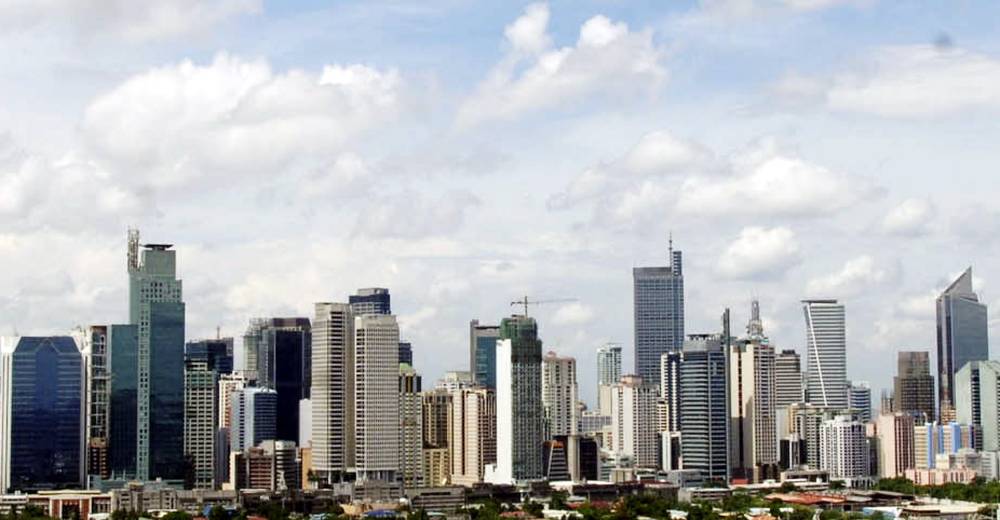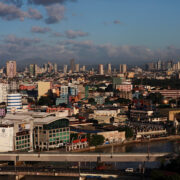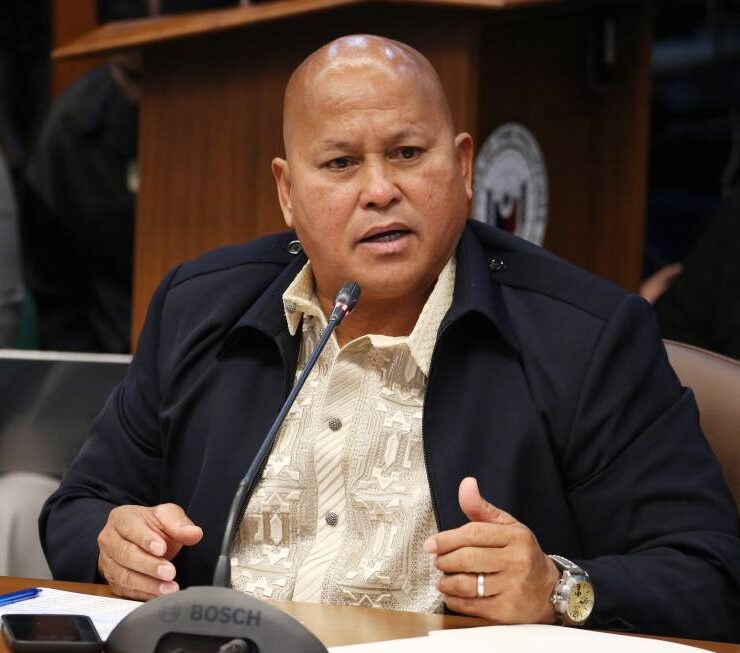Marcos gov’t cuts 2024, 2025 growth targets

The Marcos administration has slashed its economic growth targets for 2024 and 2025, even as its economic team maintained that the Philippines will still end up as one of the better-performing economies in Asia-Pacific.
From the original projection of a 6.5 to 7.5-percent growth in the country’s gross domestic product this year, the Development Budget Coordinating Council (DBCC) reduced the range to 6 to 7 percent.
The DBCC also cut the growth target for 2025 to 6.5 to 7.5 percent from 6.5 to 8 percent previously. But it retained targets of 6.5 to 8 percent for 2026 to 2028.
At a press briefing in Malacañang, National Economic and Development Authority (Neda) Secretary Arsenio Balisacan said the DBCC had revised the government’s growth projections after considering the country’s economic performance in 2023.
Balisacan disclosed the new growth ranges following Wednesday’s 16th full Cabinet meeting presided over by President Marcos, in which the executive branch reviewed the economic outlook for the country over the next four years of the Marcos administration.
The lower growth rate projection also sought to recognize the recent developments in the global economy, especially on trade and finance, he said.
“We have seen the continuing slowdown of the global economy and also taking into account the uptick in oil prices and as well as the trends in the inflation, interest rates not just in the Philippines but also in other countries particularly all major trading partners with the US,” he said.
The Neda chief, however, was optimistic that even with the lower growth projection, the government remains on track to achieving President Marcos’ pledge of an 8-percent growth rate by 2028.
“For 2028, we are targeting 6.5 to 8. If we hit the 8, we’ll be lucky,” he said.
The government is also on pace with its goal to reduce poverty incidence in the country from 18 percent in 2021 to a single-digit level in 2028, Balisacan said.
“Despite the reduced growth for 2024, we’ll still be able to achieve the objective of reducing poverty to a single-digit level by 2028 as earlier planned,” he said.
He also dismissed speculations that the growth projections were dampened by the country’s ballooning debt, which had hit P15 trillion.
“Even though the range has been reduced from 6.5 to 7.5 to now 6 to 7 percent, that’s still very respectable even in the context of our economic history but also in the context of Asia-Pacific region—that we still will remain one of the fastest growing economies,” he said. INQ





















